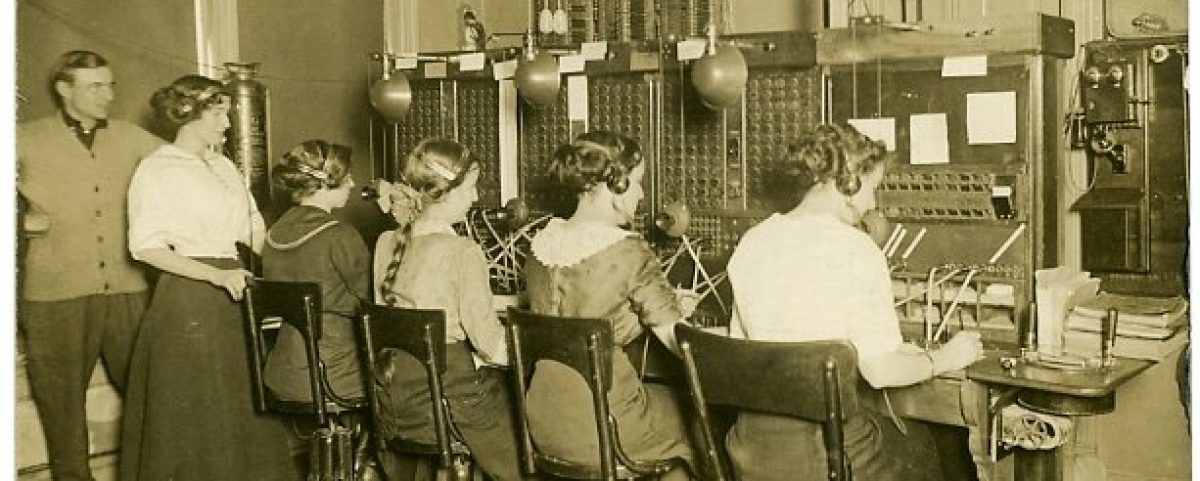A new Smithsonian Museum traveling exhibit, “Between Fences,” is being brought to the state by the Maryland Humanities Council. By evoking the many meanings of these everyday barriers, the “Museum on Main Street” program helps audiences discover how tightly fences are intertwined  with history, politics, industry and daily life. Maryland has many stories connected to the exhibit theme as a border state between north and south, steward of the Chesapeake, a place that saw the arrival of the country’s first immigrants and much more.
with history, politics, industry and daily life. Maryland has many stories connected to the exhibit theme as a border state between north and south, steward of the Chesapeake, a place that saw the arrival of the country’s first immigrants and much more.
To help audiences find new ways to think about boundaries in our lives, the Humanities Council has selected 17 scholars to engage audiences and create conversations that inspire community members to come together across borders and backyard fences. Nonprofits are encouraged to invite speakers to their towns. Topics such as the making of the Chesapeake, Maryland’s role in the Civil War, the Mason-Dixon Line, technology and fragmentation, liberty and security in America, immigration and lots more are addressed by the scholars.
I am pleased to be selected to serve as one of the presenting scholars. One of my topics, the Mason-Dixon Line: The Stories of a Geographic Boundary, examines the history of this legal and symbolic dividing line. The other, Uncovering the Boundaries in our Communities, helps people understand how to do research in their community.
Click here to go the list of programs available from the Maryland Humanities Council


